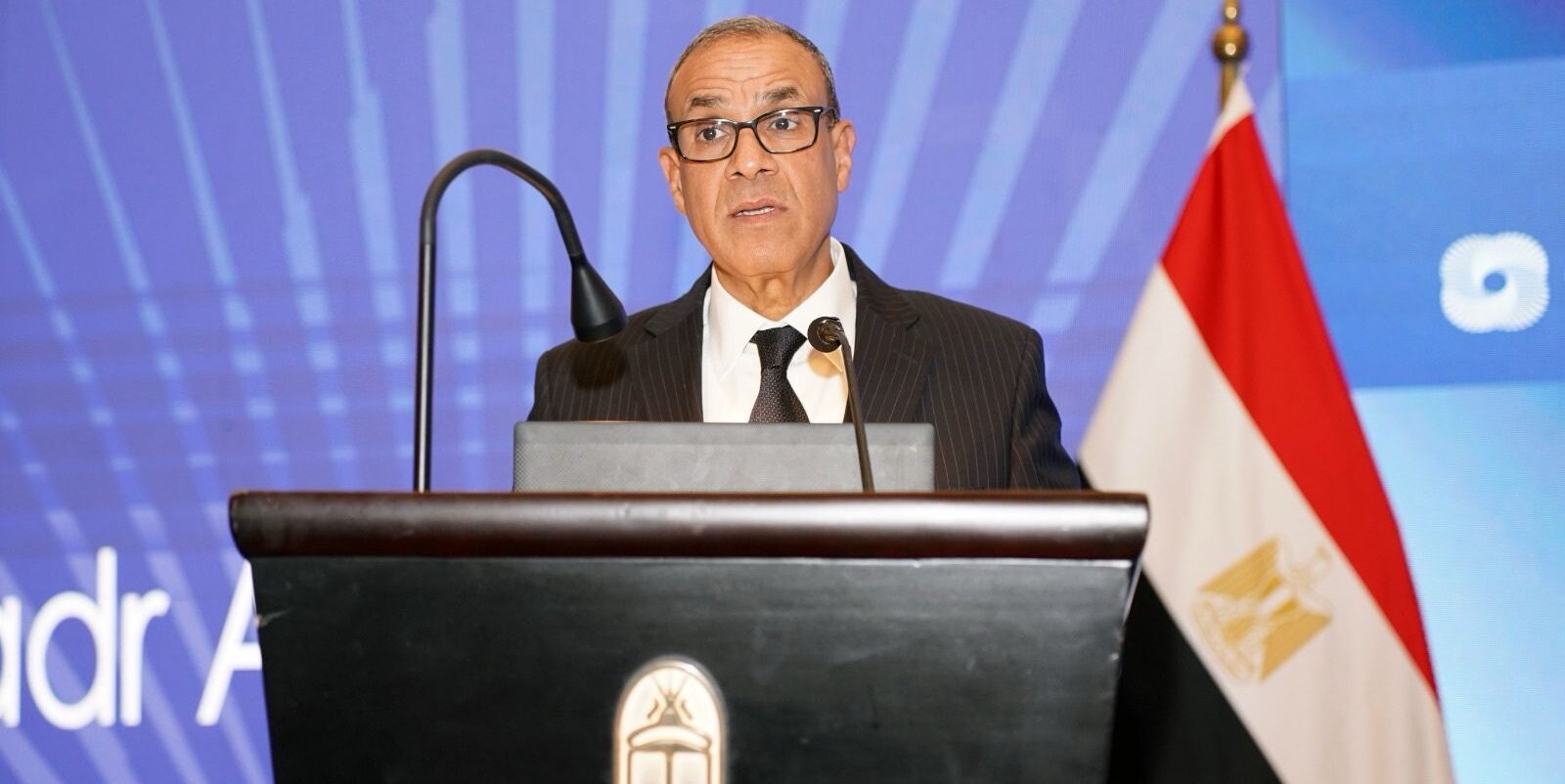On the second day of the Egypt-U.S. Policy Leaders Forum, Egypt’s Minister of Foreign Affairs Badr Abdelatty emphasized the enduring strength and evolving dimensions of the Egypt-U.S. strategic relationship. Addressing policymakers and private sector leaders, Abdelatty highlighted the forum’s pivotal role in deepening bilateral relations, especially through enhanced private sector engagement.
The forum is organized by AmCham Egypt and the Egypt-U.S. Business Council, in partnership with the U.S. Chamber of Commerce.
Abdelatty underscored that the relationship between Cairo and Washington has been anchored in mutual interests for over four decades. “This strategic partnership encompasses vital sectors such as military and security cooperation, political coordination, healthcare, culture, and education. The relationship between Cairo and Washington continues to deepen and thrive, anchored in a win-win formula,” he said.
He noted that both countries consistently recognize the shared benefits of maintaining a stable and resilient partnership that contributes to regional and global security. Regular consultations at various levels, he added, have reinforced the strength of these ties.
The U.S. remains one of Egypt’s largest foreign investors, particularly in the energy sector, with major players such as Apache and ExxonMobil expanding their footprint in the country. “This partnership continues to foster economic growth across various sectors, creating jobs and driving innovation, powered by the creativity of our youth,” Abdelatty said.
Turning to Egypt’s transformation into a regional hub for technology and entrepreneurship, the minister pointed to growing collaboration between U.S. tech firms and Egyptian startups. These partnerships, he said, are creating access to global markets through financing and infrastructure support.
Abdelatty also highlighted Egypt’s ambitious infrastructure development drive, which has repositioned the country as a global logistics gateway. “The Suez Canal remains a key artery for global commerce, while preferential trade agreements grant Egypt access to over 1.5 billion consumers worldwide,” he noted.
He further emphasized Egypt’s strategic role in regional trade, citing the African Continental Free Trade Agreement and COMESA as key enablers. “As part of the African Continental Free Trade Agreement, Egypt offers any company established on its soil a tariff-free access to a market of over 1.3 billion consumers across the African continent, with an expanding middle class and high purchasing power. I believe that Egypt is the gateway. For all American companies, to the African markets as well as to the easier markets through our Suez Canal,” he said.
Abdelatty also stressed that this strategic alignment extends benefits to broader Africa, opening avenues for trilateral development projects and cross-border knowledge exchange. “Both nations have the opportunity to deepen their collaboration across the continent in areas such as trilateral development cooperation, knowledge exchange, and capacity building,” he added.
Amid rising geopolitical tensions across the region—including ongoing crises in Gaza, Lebanon, Libya, Syria, and Sudan—Abdelatty called attention to Egypt’s stabilizing role. “Now more than ever, the importance of the strategic partnership between Egypt and the U.S. is clear, especially in light of the significant challenges we are all witnessing today.”
He revealed that Egypt has incurred approximately $8 billion in net losses due to regional instability, further compounding pressure on its economy. Nevertheless, the government is pressing ahead with reforms to stimulate private sector growth, including a historic move to cap public investment. “Aligning with Egypt’s National Investment Strategy 2030, which aims to have over 70% of total investments in the country driven by the private sector,” he said.
On the Gaza conflict, Abdelatty affirmed Egypt’s role as a mediator and peace broker. “We’re working with the Americans, with their catalysts, in order to have an immediate ceasefire in Gaza.” He added, “We managed on the 19th of January this year to reach a ceasefire between Israel and Hamas, and this ceasefire was very successful till the 2nd of March. After the signing of this ceasefire, we also managed to release more than 21 hostages.”
Looking ahead, Egypt is preparing to host an international conference focused on Gaza’s reconstruction, with a call for U.S. and European firms to participate in rebuilding efforts. Abdelatty stressed the need for broad financial mobilization to support early recovery and long-term development.




